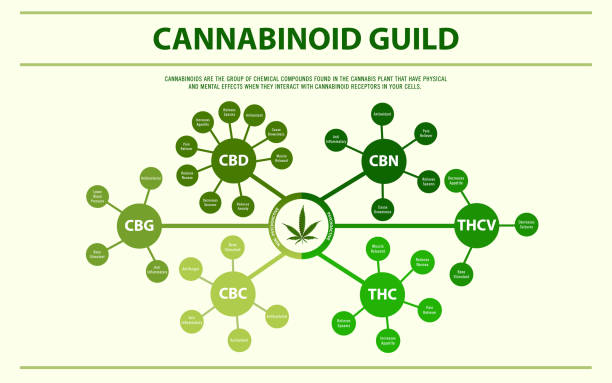

CBD, or cannabidiol, is a compound extracted from the cannabis plant. Is it a sports smoothie or a health booster? What exactly is CBD and why are people so keen on studying it?
CBD, or cannabidiol, is the second most active compound found in cannabis (marijuana). While it is an important component of medical marijuana, it can be derived directly from the cannabis plant (a close relative of marijuana) or synthesized in a laboratory. As one of the hundreds of compounds in cannabis, CBD itself does not produce a psychoactive effect.

According to a report by the World Health Organization, "in humans, CBD does not appear to present any potential for abuse or dependence... To date, there is no evidence that pure CBD can lead to public health-related problems." A recent study published in the journal Neuropsychopharmacology concluded that "acute CBD alone is unlikely to cause significant impairment in daily functioning or work performance."
CBD's legal status in the U.S. is complex but generally favorable. All 50 states have laws legalizing CBD, though restrictions vary. The FDA eased regulations in December 2015, allowing CBD research, and the 2018 Farm Bill legalized hemp-derived CBD, making it difficult for CBD to remain illegal. Essentially, CBD is legal if sourced from hemp, but not from marijuana, despite being chemically identical. Many people acquire CBD online without a medical marijuana license, which is legal in most states.
The strongest scientific evidence for CBD lies in its effectiveness for treating severe childhood epilepsy syndromes, such as Dravet syndrome and Lennox-Gastaut syndrome (LGS), which often do not respond well to traditional medications. Many studies have shown that CBD can reduce seizure frequency and, in some cases, completely stop seizures. Epidiolex, which is primarily composed of CBD, is the first cannabis-derived drug approved by the FDA for these conditions.